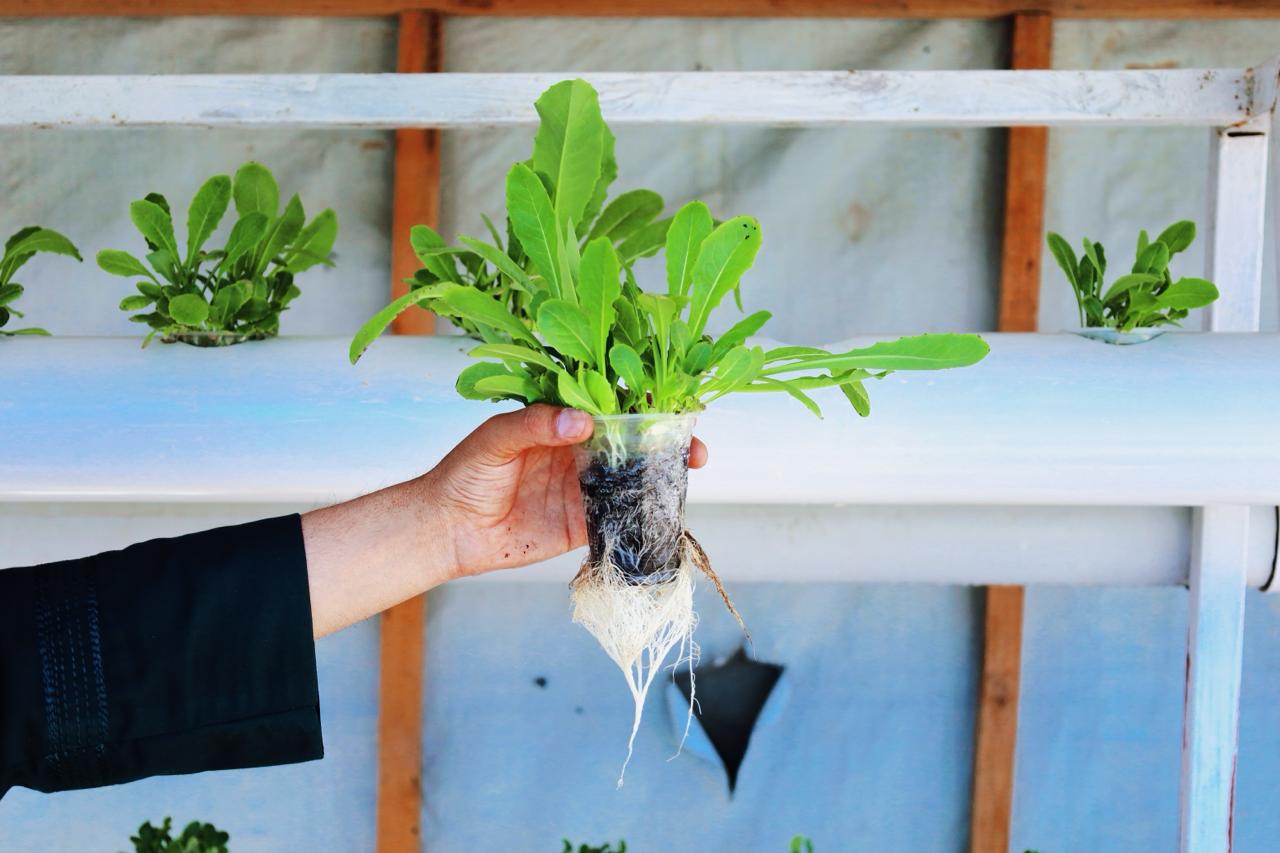The context
With a conflict ongoing for over forty years, Afghanistan is a country facing countless social, cultural, and structural challenges that hinder its full social and economic recovery.
In particular, the situation of women — especially outside the main urban centres — is extremely critical, worsened by current restrictions that limit access to higher education, freedom of movement without a male escort, and employment opportunities.
The country is also facing widespread food insecurity affecting 20 million people — around half of the population. Cuts to food aid programmes run by international organisations are having a severe impact on the entire population, but are hitting female-headed households the hardest: 84% of these families do not have enough food due to ongoing restrictions, and 3.2 million children under the age of five are now suffering from acute malnutrition.
The project
The Green Rooms project aims to combine women’s employment with food security through the creation of home-based hydroponic microenterprises.
Specifically, the project aims to provide training and skills in hydroponic cultivation to 35 women heads of household. Hydroponic cultivation is an agricultural practice that allows plants to grow in water-based solutions rather than soil, within enclosed environments such as buildings, greenhouses, and homes. In a context like Afghanistan, hydroponics ensures year-round access to fruit and vegetables and, in its home-based form, provides families with the opportunity to have quality food even in limited spaces.
Additionally, the project will assist the women in identifying and preparing domestic spaces for hydroponic cultivation. Materials for constructing wall-mounted systems (such as shelves, pipes, pumps, and containers) and the necessary tools will be provided, and the women will be supported throughout the entire installation process.
To ensure a sustainable income for the women and their families, the project plans to establish a cooperative for the sale of fresh vegetables and food processing. The cooperative — entirely managed and run by women — will operate on two product lines: one will offer fresh vegetables grown from the home systems that are surplus to family needs, while the other will transform part of these surpluses into preserves, allowing for greater variety for customers and minimising food waste.

